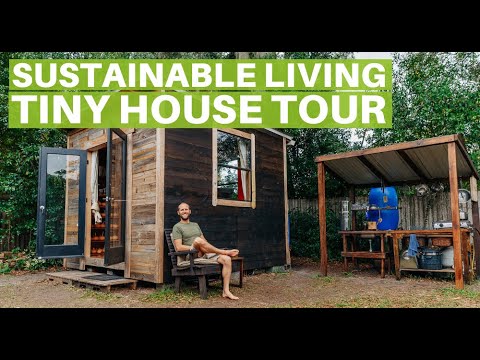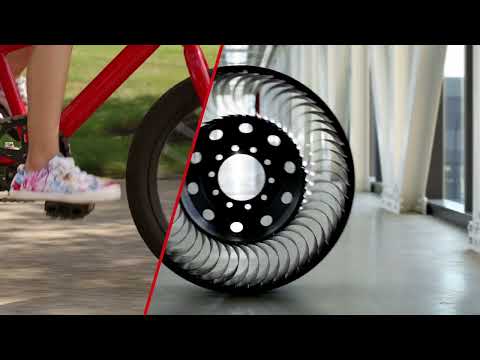A sustainable city focuses on creating a harmonious balance between economic development, social well-being, and environmental protection. It aims to offer its residents a high quality of life while reducing its carbon footprint and reliance on non-renewable resources. One exemplary project that exemplifies this approach is Fully Charged; an innovative sustainable city initiative that integrates electric vehicles (EVs) with clean energy generation and smart infrastructure.
Fully Charged envisions a future where cities are powered by renewable energy sources, pollution is minimized, and transportation is electric. It aims to transform the way we move, live, and interact with our urban environment. By harnessing cutting-edge technology and sustainable practices, it strives to create an ecosystem where humans and nature coexist in perfect harmony.
At the core of Fully Charged lies the integration of electric vehicles into everyday city life. Electric transport has numerous advantages over traditional combustion engine vehicles – it reduces air pollution, cuts greenhouse gas emissions, and decreases dependency on fossil fuels. With a comprehensive network of EV charging stations available throughout the city, residents can easily access clean transportation options resulting in improved air quality and reduced noise pollution.
Furthermore, Fully Charged focuses on promoting renewable energy generation within the city. This includes installing solar panels on rooftops, using wind turbines for energy production, and implementing advanced battery storage systems. By prioritizing clean energy sources over traditional methods like coal-fired power plants or natural gas facilities, Fully Charged ensures a reliable supply of electricity while keeping carbon emissions to a minimum.
Another exciting aspect of this sustainable city concept is its emphasis on smart infrastructure. By integrating technologies such as smart grids and IoT (Internet of Things), Fully Charged enables efficient management of resources, reduced waste, and improved urban planning. For instance, sensors embedded in infrastructure can collect real-time data on energy consumption, traffic patterns, and waste management needs. This data is then analyzed to optimize resource allocation, reduce energy consumption in public spaces, and enable better transport planning.
In addition to its environmental benefits, Fully Charged also prioritizes the well-being of its residents. The city incorporates green spaces, parks, and pedestrian-friendly zones for recreational activities and to promote a healthier lifestyle. It encourages community engagement through various initiatives like farmers’ markets for locally sourced produce and educational programs on sustainable living. By fostering a sense of belonging and shared responsibility towards the environment, Fully Charged creates an inclusive and vibrant urban community.
As concerns about climate change continue to escalate, projects like Fully Charged provide a hopeful glimpse into a sustainable future. By combining renewable energy generation with electric mobility and smart infrastructure, this initiative demonstrates the immense potential cities have in creating cleaner and greener environments for generations to come.
In conclusion, sustainable cities are essential for a more sustainable future. Initiatives like Fully Charged showcase how integrating electric vehicles with renewable energy generation and smart infrastructure can transform urban landscapes into vibrant communities that prioritize environmental protection without compromising quality of life. As more cities adopt similar initiatives, we move closer to achieving a truly sustainable world where clean energy powers our daily lives.





